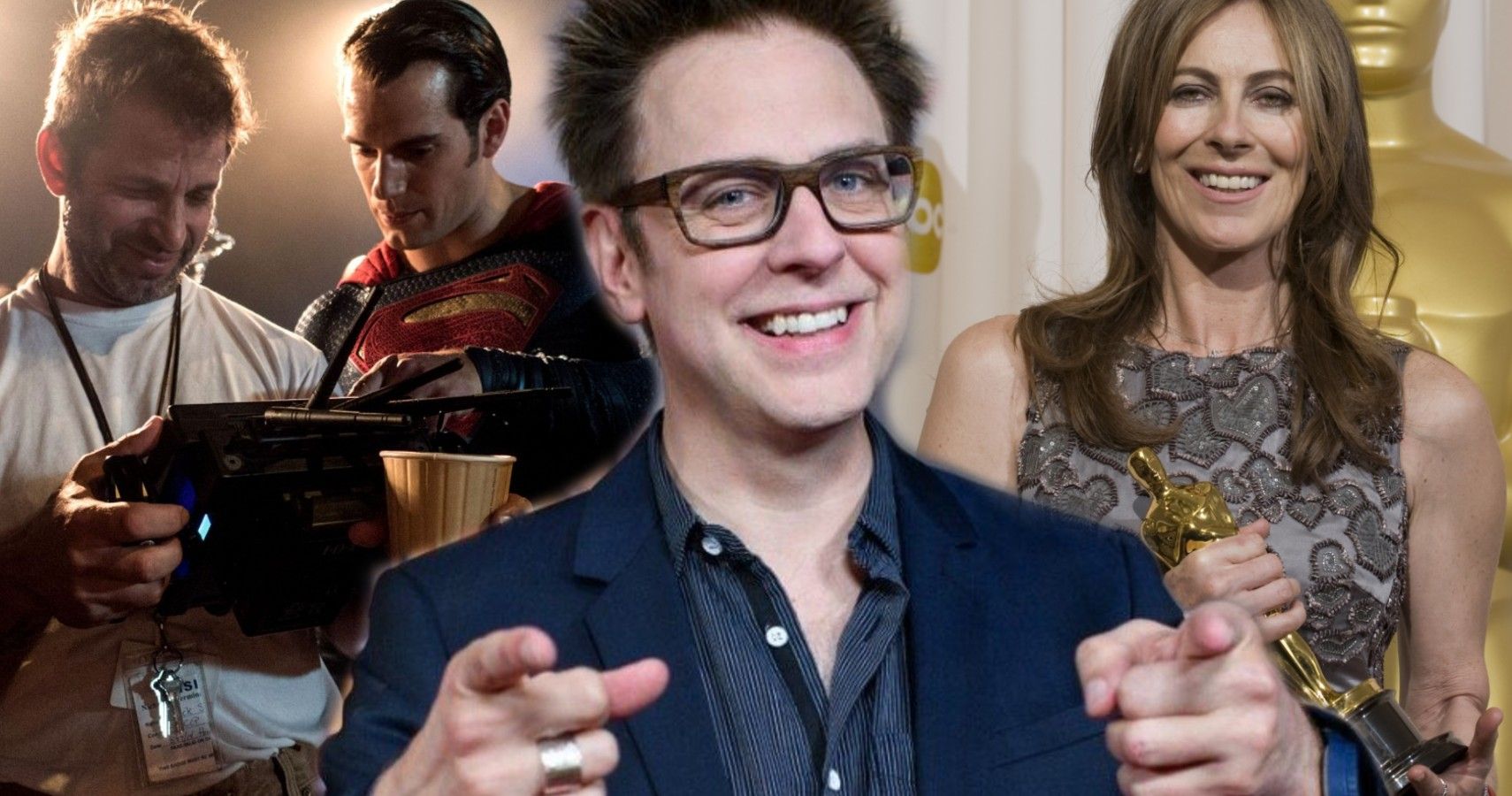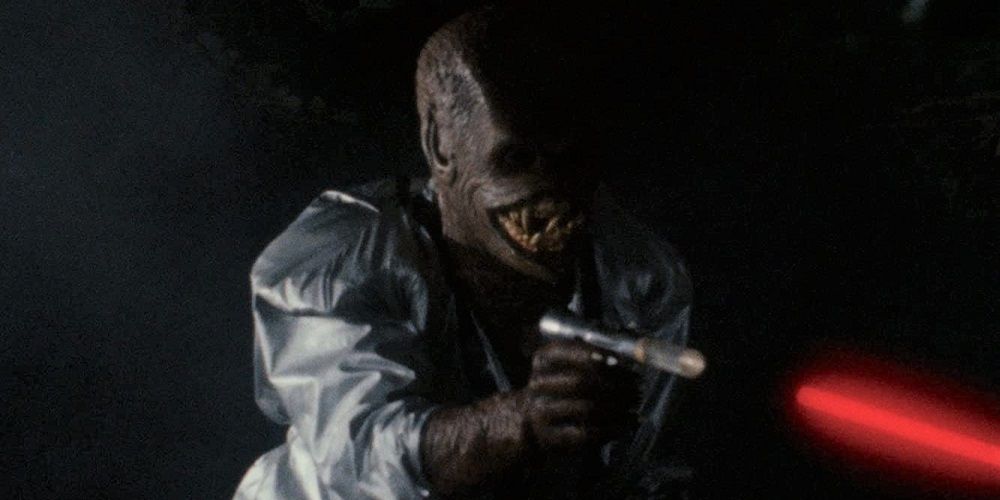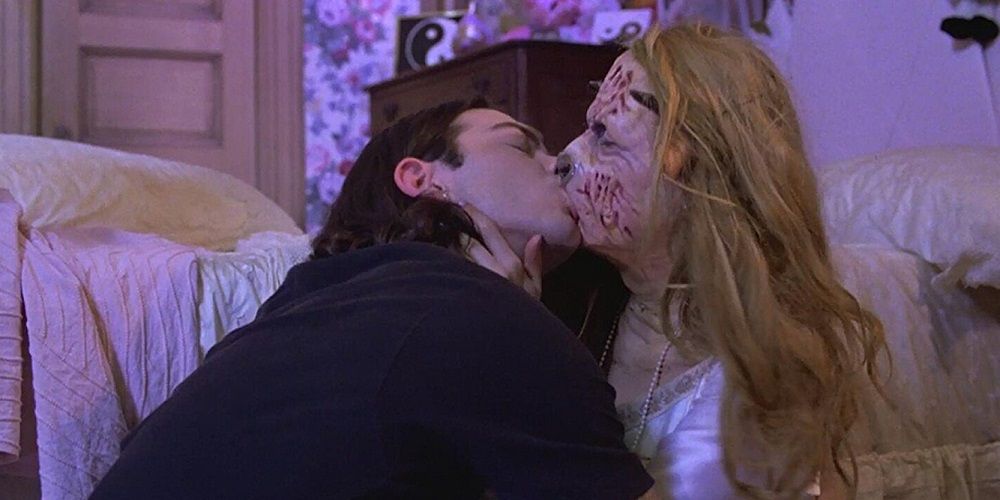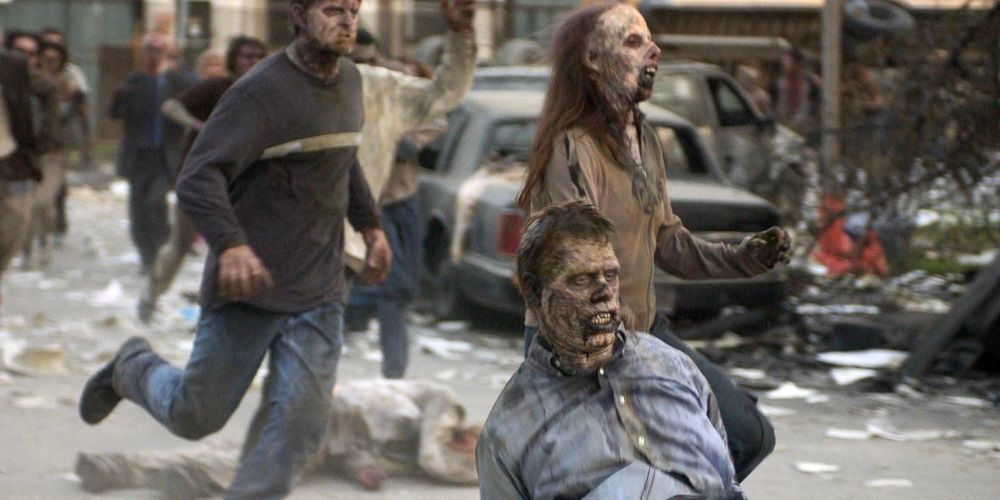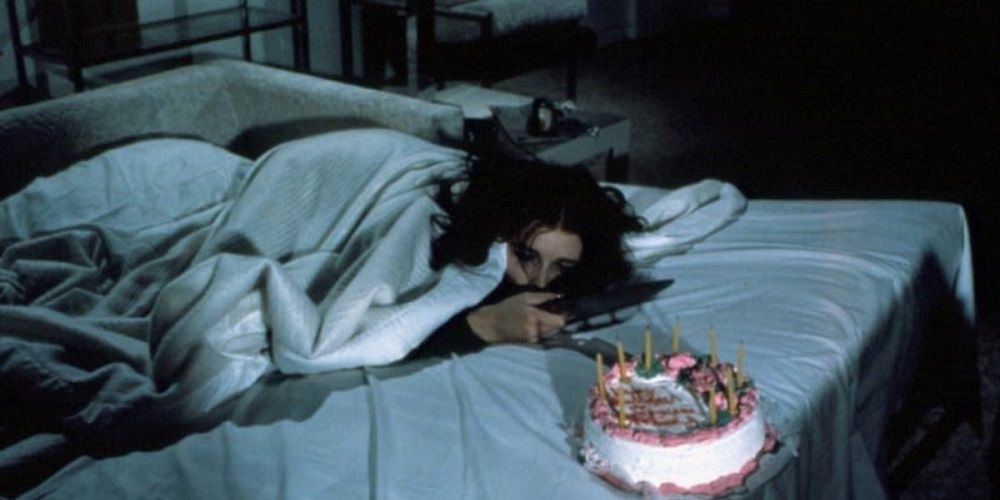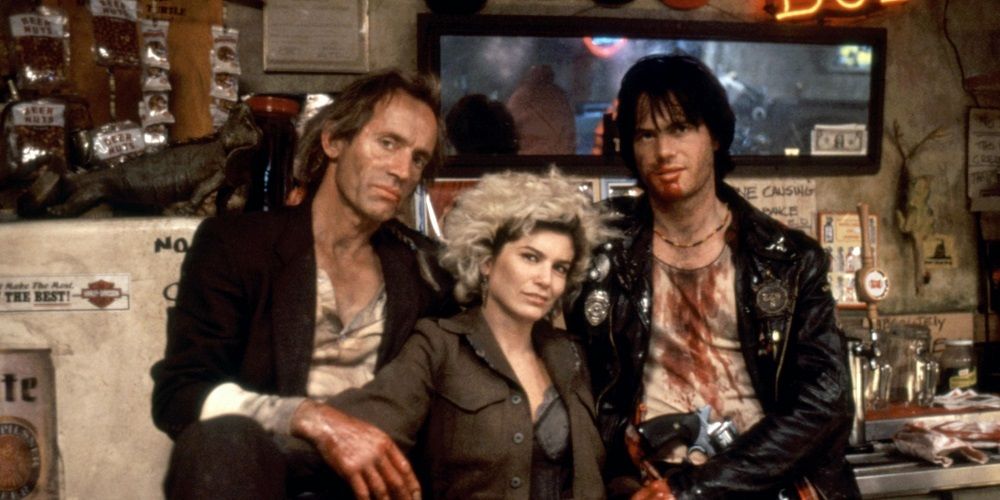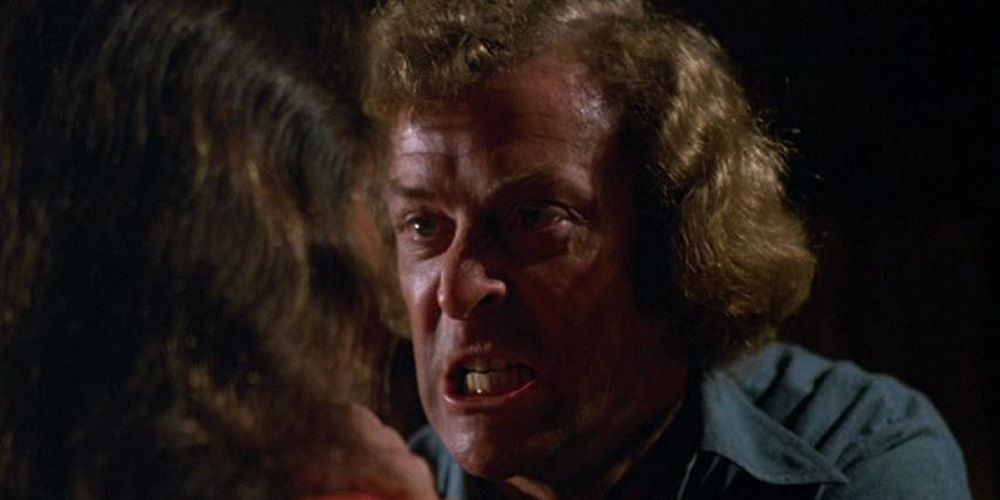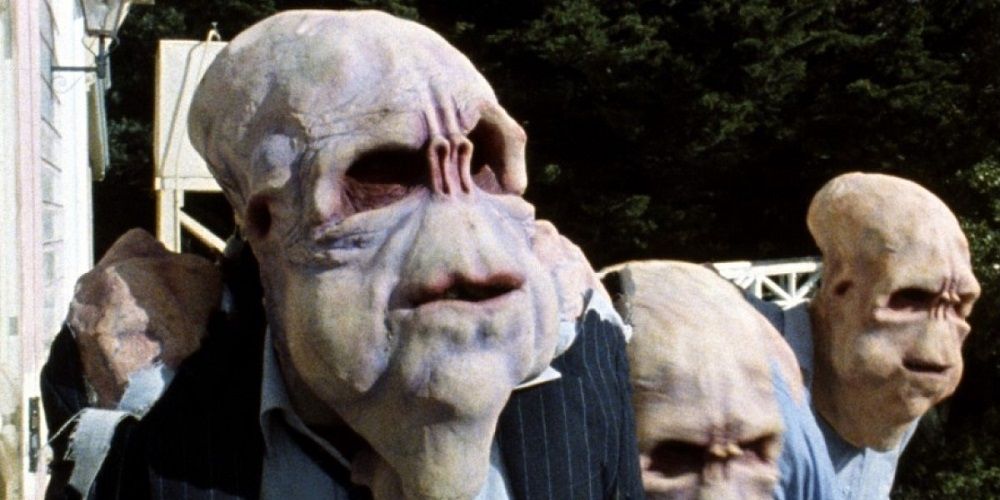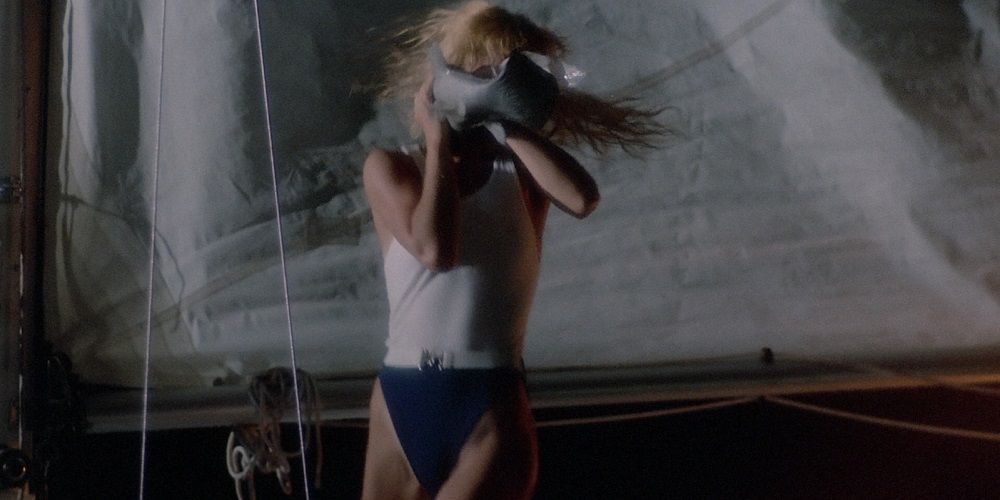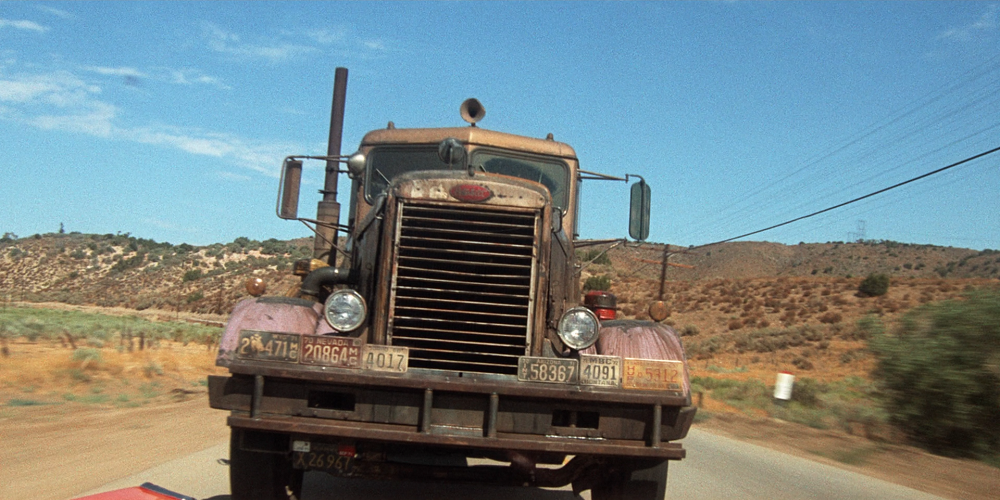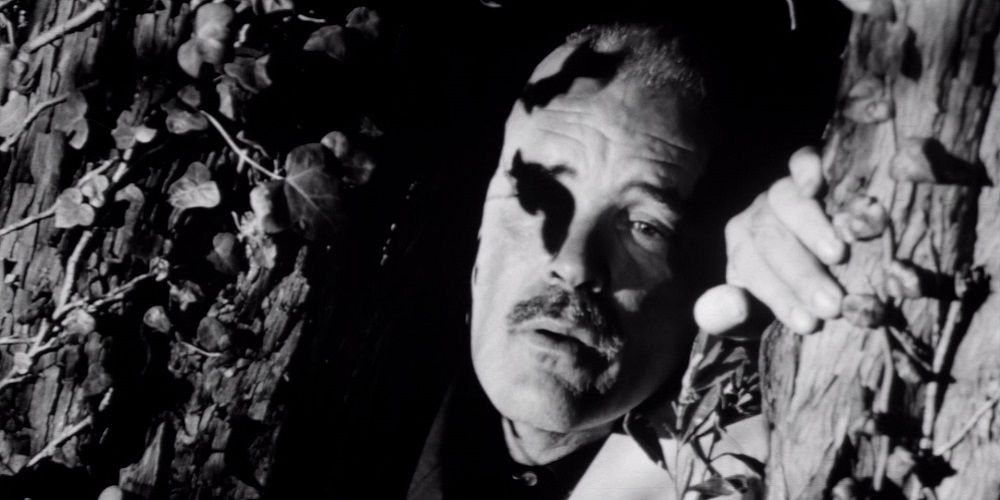Many of the most famous film directors in Hollywood got their start by working on horror movies, some far more obscure than others. Whether they were fans of the genre or not going in, low-budget horror films that are made cheaply and quickly afford novice filmmakers to ply their trade, hone their craft, and develop their own distinct directorial style before going off to helm bigger and better things.
While some A-list filmmakers continued to toil in the horror realm such as Guillermo del Toro and Sam Raimi, many have gone on to helm some of the biggest blockbusters of all time. Though they may not make as many horror movies as they used to, these directors never really left the genre behind.
J.J. Abrams
While J.J. Abrams sold his first screenplay for Regarding Henry while he was still in college, the mega-producer had already worked in the sound department on a throwaway 1982 B-horror movie called Nightbeast.
Nightbeast is a micro-budget creature-feature in which a mutated space monster lands on Earth and wreaks gory havoc by slaughtering as many unsuspecting victims as possible. The film marks the first screen credit of Abrams' career, who created the sound effects for the film. Abrams never lost interest in sci-fi and would go on to direct films for two of the biggest sci-fi franchises ever: Star Trek and Star Wars.
James Gunn
The unofficial mayor of the MCU and now the Duke of DC, James Gunn is the brainpower behind the epic Galaxy of the Guardians franchise and the upcoming Suicide Squad sequel. Believe it or not, he got he start with Lloyd Kaufman and the schlocky Troma outfit.
The first credit of Gunn's career belongs to the 1996 film Tromeo and Juliet, on which he served as screenwriter, assistant director, executive producer, and actor. Gunn made his directorial debut with The Tromaville Cafe TV series one year later before making his feature debut with the 2006 creature-feature Slither. Gunn never forgot his Troma days, as seen in his habit of casting his friends and colleagues from there in cameos across his bigger budgeted films.
Zack Snyder
The name Zack Snyder instantly conjures images of 300, Watchmen, Man of Steel, and one of the most anticipated director's cuts seen in a while (i.e. the fabled Justice League Snyder Cut) and several other mega-marvel blockbusters. However, his next film harks back to where it all started back in 2004.
Originally a music video director, Snyder loudly announced his arrival in Hollywood with the beloved action-packed remake of George A. Romero's Dawn of the Dead, the definitive '70s zombie horror movie. Up next for Snyder on the big-screen is the Netflix sequel/spiritual successor Army of the Dead, in which a legion of rabid zombies will overrun Sin City as a daring heist takes place.
Brian De Palma
Although Brian De Palma is most famous for directing such movies as Scarface, The Untouchables, and the original Mission: Impossible, his entire career was launched on the back of little-known horror/thrillers as Murder a la Mod and Sisters. Of course, he'd go on to make Carrie, Dressed To Kill, Body Double, and other horror classics.
Sisters (1973) stars Margot Kidder as twin siblings, one of which is brutally murdered in her apartment. The murder is witnessed by a journalist, who cannot convince the police that such a crime took place.
Kathryn Bigelow
In 2010, Kathryn Bigelow made history by becoming the first female filmmaker in history to win an Academy Award for Best Director for her work on The Hurt Locker. The A-list Zero Dark Thirty director who's currently best known for hard-hitting thrillers also got her start in the horror genre.
Although her feature debut is a violent biker picture called The Loveless, her first credit was a short film called The Set-Up, which explored the nature of intense violence when a man is beaten to a pulp. Her second feature film, however, is the criminally underrated vampire/Western road-movie Near Dark, starring the late Bill Paxton.
Oliver Stone
Although he penned Midnight Express and Scarface early in his career, Oliver Stone didn't gain widespread notoriety until he directed Oscar-winning movies like Platoon, Wall Street, Born on the Fourth of July, or JFK.
Prior to becoming one of the best filmmakers on the planet, Stone directed two low-budget horror movies in the '70s and '80s. The first is called Seizure, about a horror novelist who is tormented by illustrations from his latest book. The other is called The Hand, starring Michael Caine as a cartoonist who loses a hand in an accident. The severed hand reanimates with a deadly mind of its own.
Peter Jackson
Forever synonymous with The Lord of the Rings trilogy and the fantasy epic as a whole, few current filmmakers are more famous and powerful than Peter Jackson. While he dabbled with big-budget genre filmmaking with King Kong, Jackson's love of the horror genre can be traced back to his roots.
Two of Jackson's first three feature films are firmly entrenched in the horror-comedy realm. The 1987 film Bad Taste finds a race of malefic aliens who turn the human population into a fast-food menu. His third feature, Dead Alive, is a zombie-comedy that's often called the bloodiest movie ever made. Jackson hasn't made a horror movie in a while, but he's happy to return to the genre should he come across the right (read: most disgusting) project.
James Cameron
The self-proclaimed "King of the World," Titanic director James Cameron is arguably the most successful filmmaker of all time after Steven Spielberg. And yet he too cut his teeth on a little B-horror flick called Piranha II: The Spawning (i.e. the one where the piranhas have wings) to begin his decorated career. While the film marks Cameron's first directorial credit, he was actually replaced by Ovidio G. Assonitis early on.
Cameron got the gig on the strength of his special effects on Galaxy of Terror in 1981, a cheap Alien knockoff. Ironically, Cameron would go on to direct Aliens. Another thing worth noting is that while working on Piranha II, Cameron had a nightmare about a robotic torso dragging itself out of a fire to stab him. This served as the genesis for what would become The Terminator.
Steven Spielberg
While Steven Spielberg's 1975 adventurous thriller Jaws literally helped to coin the phrase "blockbuster," the world-class filmmaker directed two made-for-TV horror flicks prior.
Spielberg's first film was Duel, in which a motorist is relentlessly chased and stalked by a hulking tractor-trailer. The deranged big-rig driver will stop at nothing to fatally run David Mann (Dennis Weaver) off the road. In many ways, Duel led to the creation of Jaws as it's been described as both Spielberg's training grounds for a cinematic thriller and "Jaws on the road." Spielberg also made a little know film called Something Evil a year later in 1972.
Francis Ford Coppola
Francis Ford Coppola is known for directing some of the finest films ever made. In addition to the peerless The Godfather trilogy, he's responsible for Apocalypse Now, The Conversation, The Outsiders, and Bram Stoker's Dracula. However, Coppola got his start in Hollywood by working with legendary low-budget B-movie producer Roger Corman.
First, Corman spent a few days as an uncredited co-director on Corman's 1963 film The Terror. Secondly, Coppola made Dementia 13 the same year, an early slasher film about an ax-murderer stalking a widowed heiress. Arguably, his horror roots would show up every now and then in his movie's darker moments or in the case of Apocalypse Now, throughout every single frame.

